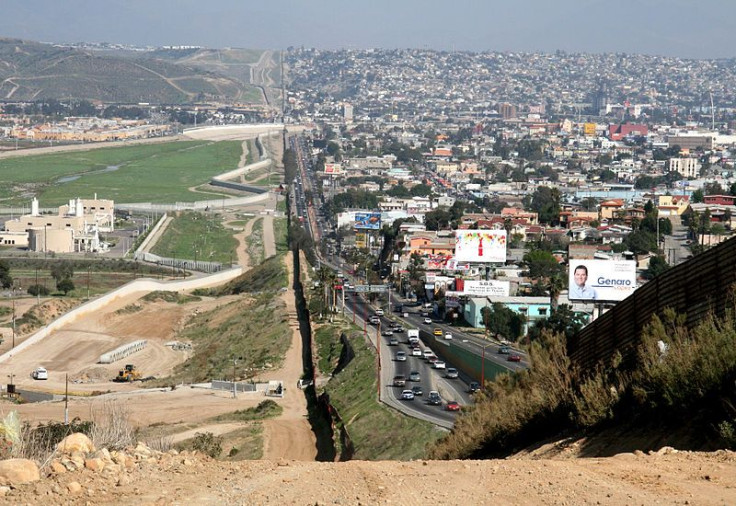
Mexico's Federal Telecommunications Commission (Cofetel) shut down analog television broadcasts in Tijuana yesterday as part of a plan to switch over to entirely digital service. Cofetel proceeded with the shutdown after installing descrambler boxes in an estimated 192,000 households across the city and determining that more than 90 percent of users had access to the new service. In doing so, Tijuana became the first city in Latin America to go all-digital -- a goal first announced by former president Felipe Calderón in 2010.
Digital television improves image quality on television sets and, by using up less broadband space, allows for greater wireless Internet and mobile television capacity.
Several northern Mexican cities were expected to follow in November: Mexicali, Ciudad Juárez, Nuevo Laredo, Reynosa, Matamoros and Monterrey. All of Mexico is expected to join them by December 2015, according to UT-San Diego. Broadcasts in the whole of the United States have been exclusively digital since 2011.
RELATED:
Cuba Grants Citizens Access To Internet Through Cyber Cafes
Chilean Student Spits In Face Of Michelle Bachelet
Four Fast Facts About The US Anti-Amnesty Movement
Some residents have protested the change. In recent months, Cofetel had worked together with Teletec to distribute the descrambler boxes free to low-income families who did not have cable service or digital televisions, and the commission said it had reached 93 percent of the city's population. But the city municipal president, Carlos Bustamante, has said that Tijuana will request an extension of analog service from the federal government for thousands of citizens who have been left without service of any kind.
After some 500 protesters gathered outside of Bustamante's office, according to La Jornada, the protesters were told to direct their complaints to the federal commission Cofetel, as the municipality did not possess the authority to counteract the change. Cofetel has indicated that they have received no complaints about the analog blackout and emphasized that areas in which there is no signal have never had the service because rough geography interrupts the transmission.
Tijuana had been chosen by Calderón's government as the first city in Mexico to make the switch because of its proximity to the United States, as the majority of the channels available there were already being digitally broadcast for the Latino population living in southern U.S. states, according to El Pais.
Cofetel head Mony de Swaan joined Baja California Governor José Guadalupe Osuna Millán and Tijuana Mayor Carlos Bustamante at a ceremony on Tuesday night to commemorate the change.
© 2025 Latin Times. All rights reserved. Do not reproduce without permission.




